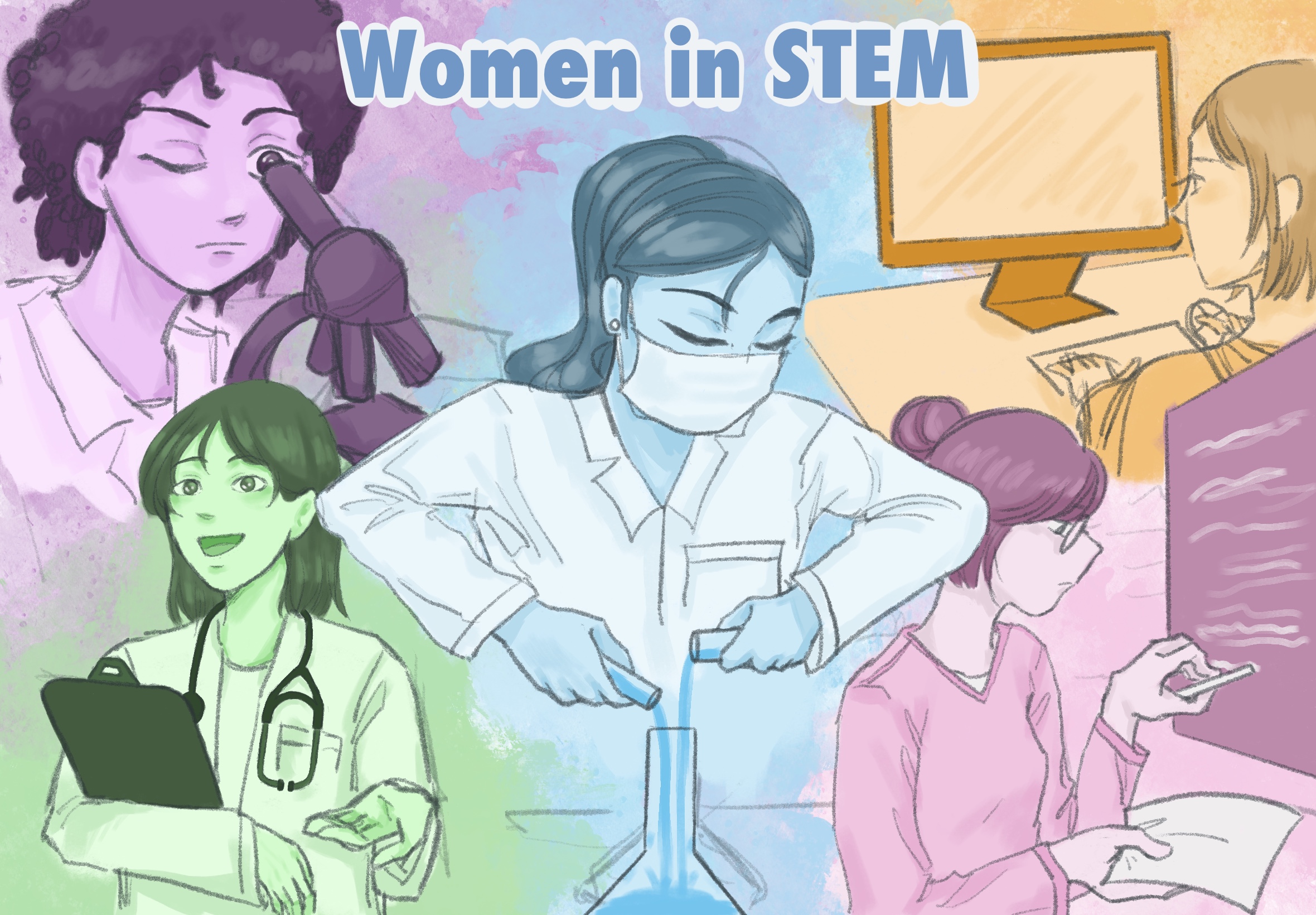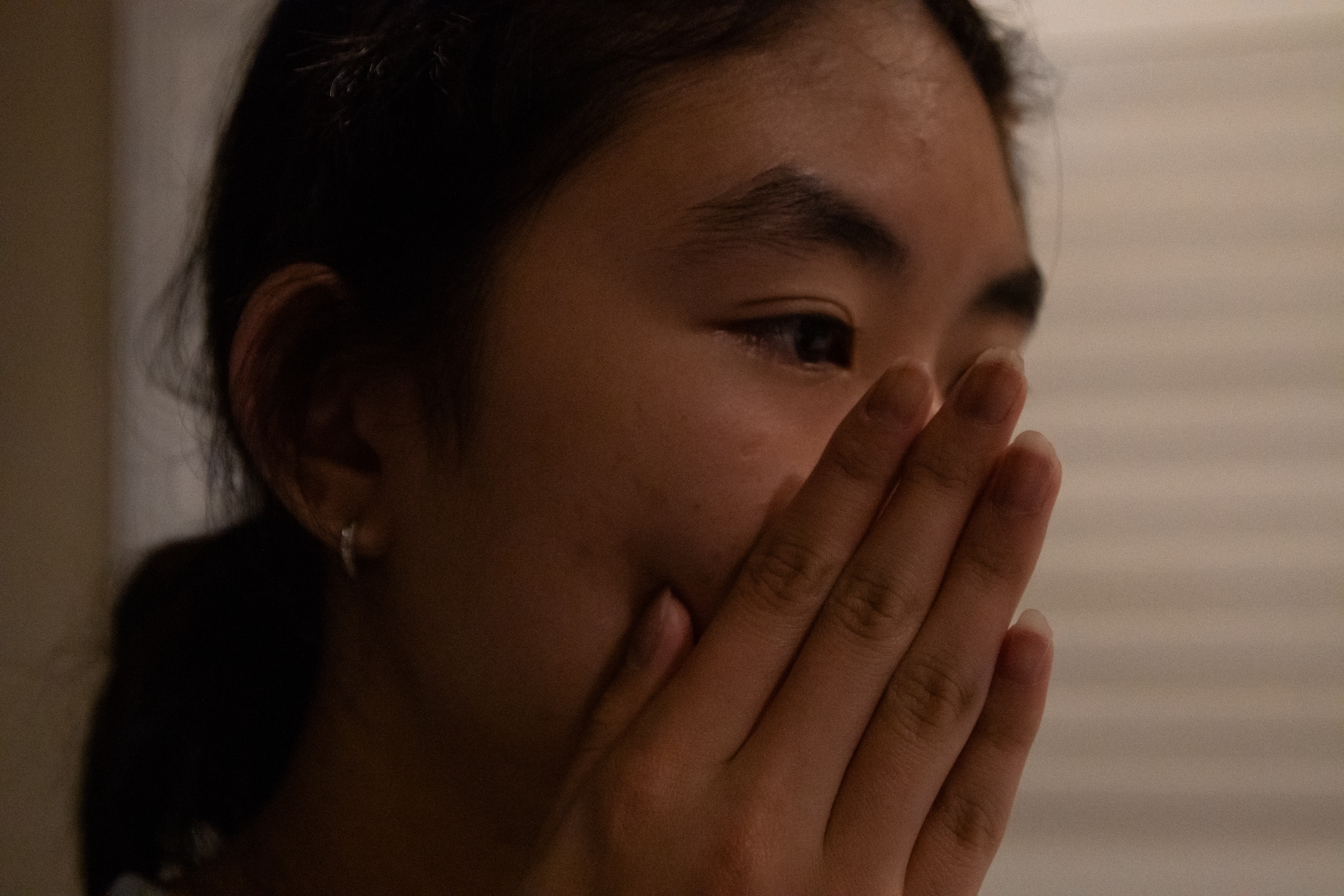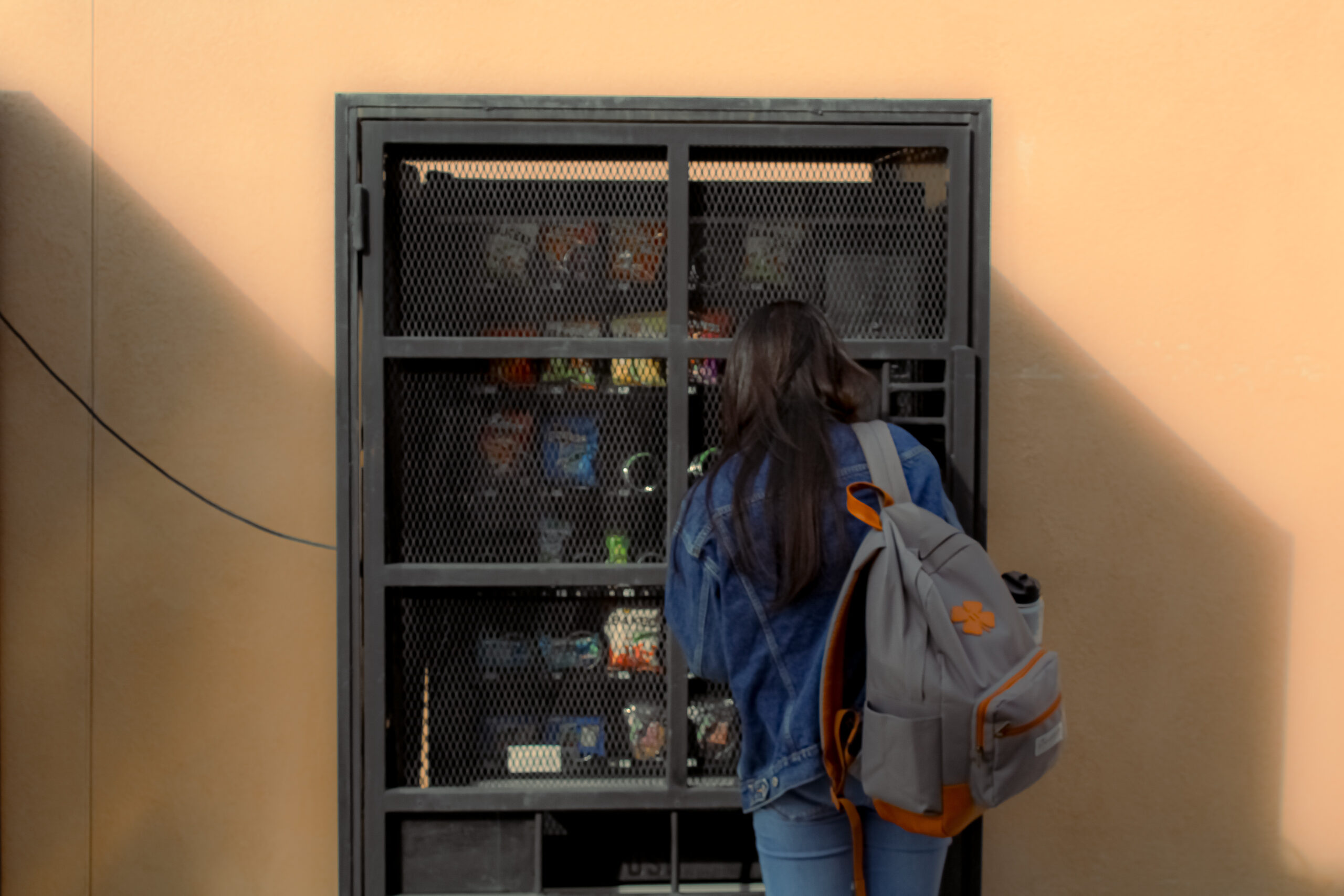by guest writer Perry Meas
Today, Darfur, Sudan is as worse off as it was six years ago when the Save Darfur Coalition started to pick up enormous steam and support. The country of Sudan is now split into two separate nations where tribal and political groups are still fighting over territory and resources (food, water, livestock). Save Darfur garnered the support of millions of Americans, most prominently actors and politicians, hundreds of millions of dollars, food, medicine, and water. But it amounted to nothing. The cease-fire between the warring tribal-ethnic groups that was initially seen as the great turning point in the conflict has been in many cases violated and disregarded. Today, the Save Darfur Coalition is for the most part, dead. It is an afterthought in the majority of Americans’ minds, largely forgotten and off the radar of popular attention. The aid provided the to Sudanese People has failed to alleviate their continual suffering. Save Darfur has failed.
The unfortunate reality of activist movements such as Save Darfur and Invisible Children is that a large number of the participants overlook many of the problems that are the root cause or a factor in propagating poverty, depression, and war in the first place. While yes, these movements have made attempts at providing food, water, and aid to Africans and have raised awareness about the poor and helpless in Africa, such actions do nothing to resolve the problems that helped to create the situation in the first place.
[People] find themselves surrounded by hideous poverty, by hideous ugliness, by hideous starvation. It is inevitable that they should be strongly moved by all this. Accordingly, with admirable, though misdirected intentions, they very seriously and very sentimentally set themselves to the task of remedying the evils that they see. But their remedies do not cure the disease: they merely prolong it. Indeed, their remedies are part of the disease.
They try to solve the problem of poverty, for instance, by keeping the poor alive; or, in the case of a very advanced school, by amusing the poor.
But this is not a solution: it is an aggravation of the difficulty. The proper aim is to try and reconstruct society on such a basis that poverty will be impossible. And the altruistic virtues have really prevented the carrying out of this aim.
– The Soul of Man Under Socialism – Oscar Wilde
Right now, there is a serious intellectual and social under-investment on behalf of the many who are participating in Invisible Children’s newest campaign to bring attention Joseph Kony’s unethical use of child soldiers to fight a 25 year-old war in the heart of Africa.
What we have is the presiding idea that to buy merchandise related to organizations dedicated to bringing attention to social issues is a sufficient enough personal investment toward the cause of Invisible Children or Save Darfur.
[When you buy a Starbuck’s coffee] you don’t just buy a coffee. You buy in the very consumerist act your redemption from being only a consumerist. You [feel that you] “do something” for the environment. You “do something” to help starving children in Guatemala. You “do something” to restore the sense of community here. “It’s not just buying a cup of coffee” [we say]. At the same time you [are led to] “fulfill” a whole series of ethical duties and so-on and so-on. This logic today is almost universalized. Let’s be aware that there is an element of hypocrisy there. It’s horrible to see a child who’s life is ruined because of [a cleft lip which can be fixed with twenty dollars] but, in the long term, you know, Oscar Wilde would have said if you just operate the child, you will make their life a little bit better, but in the same situation that produced them.
– Slavoj Zizek
Rather than of contributing our own human capital (our mind and skills) to the cause of philanthropy, we instead devote only a brief moment of our time in the actual act of “doing something” for causes like Invisible Children. The brief moment of punching in our debit card numbers to purchase items like pens, mugs, and T-shirts as the only significant kind of activist role many Americans play and it is not enough.
The buying of merchandise to support a cause and show solidarity through the constant circulation of links, videos, Twitter feeds, Facebook statuses, and blog posts about Kony 2012 is not sufficient to ending the suffering of the downtrodden.
We can have all the solidarity we want, but it is not enough to give Central Africans the necessities they need to live a fulfilled and productive life. We ignore the importance of stable political and social institutions as a means of developing successful nations. When you have a government such as Uganda’s that is corrupt, repressive, has its own poor record on human rights, and fails to perform its duties to protect its citizens and provide adequate institutional support for its population in the form of accountable law enforcement, protection, education, and viable economic opportunities, no amount of food, money, water, and medicine you throw at that nation is going to solve anything.
We as Americans are disconnected from the realities of suffering, poverty, and war that plague Africa. There is a metaphorical wall separating those dying in Africa and us. Our only view of the struggles in Africa is through a small, murky looking-glass which reveals too little of the reality that is African life. While what we view in the center of the glass is in focus, magnified even, our peripheral view of the surrounding and equally important situation is blurred and distorted.
The struggle of everyday Africans has been morally simplified by the public to say the least. This is not a black and white situation as many believe. This is not just good versus evil; Kony versus the world. There is more background to the story of Kony, the LRA, and the child soldiers than many of us think. Unfortunately, people see what they want to see and hear what they want to hear. There is a serious deficiency in our intellectual involvement in our observations of the conflict in Uganda. The many young Americans who participate with Invisible Children by simply posting and re-posting links to the organization’s website and Kony 2012 video have failed to realize that there is more to the war in Uganda than just Kony and his evils, failing to recognize the nature of the Ugandan government, Ugandan infrastructure, and Ugandan poverty that encourages armed struggle from groups like the Lord’s Resistance Army in the first place. We have created an apartheid between our moral attitudes and the apparent reality, allowing for contradictions within what we feel needs to be done about a particular ethical problem to exist. We have restricted our morality to fit within our own distorted perception of reality in this case, ignoring or remaining uninformed about certain grey areas that severely hamper the finding of long-term solutions.
Rarely have we asked:
What happens when Joseph Kony is killed or captured? What will happen to the children who were once child soldiers when the war is over? What will happen to the Ugandan government which has failed to do anything to alleviate the civil-unrest and economic problems that motivated groups like the LRA to form? What about other social issues around the world that many of us overlook such as the repression of women in Saudi Arabia, violent warlords in Somalia, mass murder against Syrians, the conflict between Israel and Palestine, rampant crime in Mexico, and extrajudicial killings and government corruption in Brazil?
Let me be clear here, I am not trying to discourage the Kony 2012 movement in any way. I am not in league with those who argue that Invisible Children only has two stars out of five on an accountability rating done by Charity Navigator or allegedly only uses 31% or 32% of its funds in direct philanthropic investments, not counting the funds it transfers to related organizations based in Uganda. I am not using those issues as the core focus of my critique of Invisible Children. I am not trying to discredit Invisible Children to seek the end of their efforts. I appreciate their efforts to raise awareness and garner support to see to it that Uganda and Africa as a continent will achieve the universalist goals of 21st century peace, prosperity, and democratic values. What I am trying point out is that the movement itself needs to be reevaluated to refocus its efforts not only to solve the issue of the child soldiers, but to also see to it that the conditions that instigated the creation of the LRA be eliminated completely. I am trying to point out that the current state of philanthropic activity is unsustainable and if left unchanged, philanthropy as an institution for good will become useless and ultimately, futile.
If Invisible Children fails in this sense, if Kony is caught or killed but Uganda is still a nation in squalor and people are still dying from starvation, disease, and political repression on behalf of the Ugandan government, I do hope that the organization is able to admit their failure and formulate a new approach to solving poverty in Africa. A great example of an NPO that has admitted such failures to meet their long term goals of creating a sustainable and prosperous Africa has been Engineers Without Borders. They have openly admitted that their work that resulted in the creation of irrigation systems, wells, and new infrastructure is only a temporary fix on the problems that have persisted in Africa since the 20th century, stressing that the solution is not more wells, more irrigation systems, and more schools, but is instead the development of viable human capital in African states: the training of better teachers and skilled workers, the strengthening of social and political institutions to promote and protect productivity, and heavy investment in local economies.
My presiding intent is to encourage critical dialogue, critical dialogue within and outside Invisible Children about more than just Kony and his war-crimes but about the state of philanthropy, social activism, and the scope of attention we as Americans give to other social injustices. My fear is that Kony 2012 goes the way of Save Darfur into relative obscurity and irrelevance where the objectives it hopes to achieve never come to fruition. My fear is that activist attention here in America remains misguided, overlooking other serious problems that need just as much attention as Invisible Children receives. I want Kony 2012 to succeed, but I also want its success to be a medium in which social activism branches out from just being fad movements to actual, meaningful investments of mind and talent on behalf of the public. I want this to be a wake-up call for a reevaluation of efforts on the long-term scale. I want people to look beyond the black and white morality of social issues and more into the surrounding, gray, peripheral problems that play a role in the reasons why a social issue exists. That is the means in which we can have meaningful development in Africa. The identification of all issues related to a specific issue is much more efficient in the long term than short-sighted, temporary activist behavior that characterized the failures of the Save Darfur movement. Again, we can’t just throw food, money, and attention at issues. There must be a serious investment of thought and serious, direct action on behalf of individuals that addresses not just material deficiencies, but also the importance of human capital. If Invisible Children’s activism and philanthropy hopes to survive, it must strike at the other issues such as government corruption, institutional weakness, lack of skilled labor and education, and poor economic activity in Uganda so that the investments of activists and philanthropists will not be in vain. Invisible Children was able to garner the support of the US Government to send military advisers to Uganda as a way to fight back the LRA. It worked. But, why can’t Invisible Children and individual activists begin pushing the government to engage in peaceful dialogue with the Ugandan government to reform and ensure that the conditions that allowed Joseph Kony to prosper never persist again? The US, European Union, and UN wields considerable influence on African states. I say use it.
Nevertheless, I am thankful that there are others who are reasonably skeptical about modern activism. I am thankful that others are engaging in serious dialogue about the nature of the current state of philanthropic activity which gave me the opportunity to discuss this issue for myself. I sincerely hope such dialogue strengthens, reinvigorates, and refocuses social activist activity so that it truly works for the common good of man in the long term of our existence, so that real, lasting solutions can be found to alleviate the struggles of the 21st century. As I had said before: it is futile to be a total misanthrope toward the Kony 2012 wave. Use it as an opportunity to open up new dialogue about other social issues, address their lack of awareness, and take real political and social action to bring an end to injustices. At the very least, share links to other mutually related organizations like the Red Cross, Bill and Melinda Gates Foundation, and so-on. Use the wave as a means to spread the message of healthy criticism and skepticism to reinforce social movements and encourage genuine, productive activism as positive forces for advancements in human rights and the dignity of man.






just brilliant.